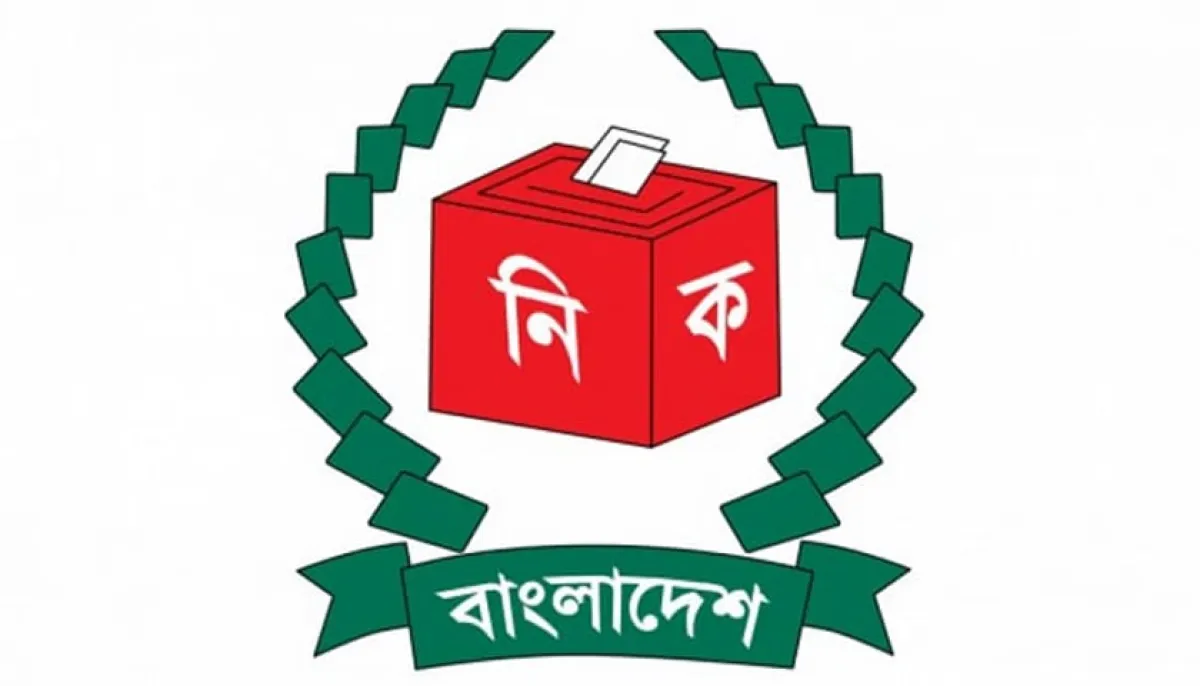
With the next national election expected to be held in mid-February next year, political parties of the country have started their preparations, ramping up grassroots activities, selecting candidates, exploring potential alliances, and formulating strategies.
After the meeting between interim government chief adviser Professor Muhammad Yunus and Bangladesh Nationalist Party acting chair Tarique Rahman in London on June 13, political parties have been increasingly gearing up for the upcoming Jatiya Sangsad elections.
While an official election schedule is yet to be announced, preparations are afoot, particularly after the London meeting joint statement indicated that the elections could be held in mid-February 2026.
Among the major players, the Bangladesh Nationalist Party and other political parties have launched their efforts to identify candidates, explore potential alliances, and frame strategies for what is expected to be a high-stake contest for them.
Internal challenges might loom large for the BNP, especially in ensuring a single candidate for each electoral seat in the upcoming elections.
Party insiders said that large numbers of nomination seekers from across the country in recent days had begun gathering at the BNP’s central office at Nayapaltan, the party chair’s political office at Gulshan, and personal offices and residences of influential party leaders in the capital.
In nearly every constituency, multiple aspirants have been vying for nomination, leading to factional rivalries that have often erupted into violent clashes.
According to rights body Human Rights Support Society and media reports, at least 60 BNP leaders and activists have been killed in intra-party conflicts over the past nine months.
BNP leaders also admitted that they, as a large political party, might face challenges in selecting candidates, because many young and promising leaders have emerged in the party over the last 14-15 years, alongside the existing seasoned leaders and former members of parliament.
They also underscored the need to reinforce the party’s organisational strength and improve internal coordination in ensuring a meaningful electoral performance.
Meanwhile, Islamic political parties have also been pursuing efforts to consolidate their position with respect to the coming JS polls.
The Bangladesh Jamaat-e-Islami, despite not releasing an official list, has, meanwhile, internally selected and prepared candidates for all 300 constituencies, party sources said.
Simultaneously, discussions are going on among the Jamaat, the Islami Andolan Bangladesh, and other Islamic parties to form an ideological coalition and field single candidates for constituencies under a united platform.
BNP leaders said that they had not started formal talks about election alliances yet, but they were committed to work with like-minded parties, especially with whom they had previously worked in joint movements.
BNP standing committee member Iqbal Hasan Mahmud Tuku admitted that the party might face challanges in selecting candidates from a large pool of qualified leaders, many of whom have emerged over the past 15 years alongside former lawmakers and senior party figures.
‘Our goal is to select candidates based on public acceptability, ensuring that those who have consistently stood by the people are given the opportunity to represent them,’ he told New Age on Wednesday.
He emphasised the need to strengthen the party’s internal structure and improve its financial footing in respect of the polls, adding that the deteriorating law and order across the country should also be addressed.
‘While even a small family has to struggle for keeping every member happy, imagine the scale of that challenge in a national political party like ours,’ said another BNP standing committee member, who asked not to be named.
He said that informal steps were already being taken to manage nomination seekers, although the formal nomination board would not be formed until after the election schedule was officially announced.
‘Whether a candidate is young or experienced does not matter. What matters is whether people will vote for them. We must understand the ground realities and public perception in each area,’ the BNP leader observed.
Bangladesh Jamaat-e-Islami assistant secretary general Ahsanul Mahboob Zubair said that discussions were under way among Islamic parties to form a united electoral platform by nominating a single candidate for each constituency.
He described this initiative as being in a preliminary stage, with the ongoing dialogue aimed at assessing the feasibility of such joint candidacies.
Zubair said that the process remained active, with Islamic parties continuing to engage in talks to make the idea of electoral unity a practical reality.
He confirmed that while a candidate list, attributed to his party, had been in circulation in the public domain, it was not officially released.
Leaders of the National Citizen Party said that they had directed party members to strengthen their public engagement and expand activities at the grassroots level, aiming to build organisational structures in all unions across the country by November.
Election candidates would be chosen based on this progress, they said.
NCP chief organiser Nasiruddin Patwary said that the party was not yet actively preparing for elections, as its current focus was on reforms and structural changes in the country.
‘Without meaningful reforms, participating in elections would have little value,’ he commented.
The NCP plans to submit its application for registration to the Election Commission on June 22.
The decision on contesting in all constituencies will depend on the evolving political situation, he further commented.
About the NCP’s talks with other political parties, Nasiruddin said that the discussions were focused on reform and governance, not electoral alliances.
If the party decides to contest in the election, it would rely on public engagement rather than heavy campaign spending, he said further.
Islami Andolan Bangladesh senior joint secretary general Gazi Ataur Rahman said that efforts remained under way to build a unified platform of Islamic parties.
The objective is to field a single candidate per constituency under a collective banner reflecting Islamic values, he said.
While individual parties are continuing with their own preparations — the Jamaat, for instance, has drawn up a list of 300 candidates — these efforts will later be reconciled through coordination, Gazi Ataur further said.
